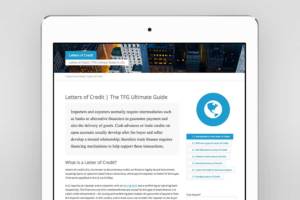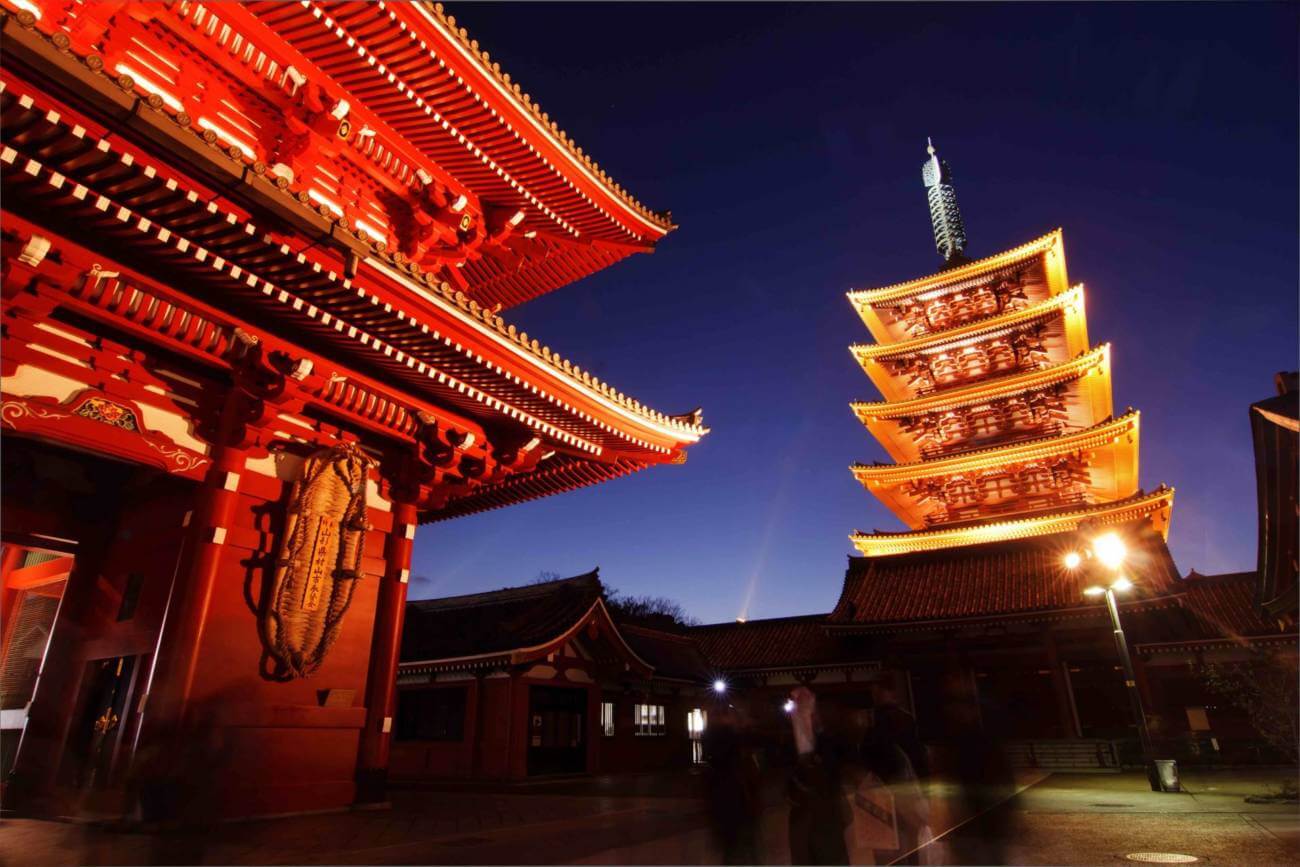The Korea Question: China’s Economic Future at the Brink of Nuclear Conflict
The rise of North Korea as a potential nuclear power not only has international security concerns, but it also raises economic implications for countries in East Asia like China. The relationship between China, North Korea, and the United States and the triangular diplomacy that exists between the three powers has proven to be a complicated and nuanced challenge to maintain global stability and uphold international economic activity.
What is China’s history of economic diplomacy?
The great Chinese philosopher and military strategist Sun Tzu wrote in his seminal work The Art of War that “the skillful strategist defeats the enemy without doing battle, captures the city without laying siege, overthrow the enemy without protracted war.” Even though he lived 2500 years ago, Sun advocated for the general strategy of Chinese diplomacy and strategy to be more of a logistical and psychological endeavor than outright conflict: Chinese foreign policy ever since has inextricably linked diplomatic, militaristic, and economic affairs.
Throughout most of the twentieth century, China carefully positioned itself in between the two great superpowers, the United States and the Soviet Union. The People’s Republic pursued relationships with each country when it suited the Chinese leadership. Allegiances oscillated between the “Soviet revisionists,” the world’s other Communist giant that China feared was straying away from traditional Marxist-Leninist theory, and the “American imperialist-capitalists,” China’s biggest ideological rival.
This means that there is a common trend that the Chinese leadership has integrated viewpoints on economics into their diplomatic strategies: from the inception of the Communist regime in 1949, China and the United States did not engage in any formal interaction due to unsolvable differences in political and economic philosophies. However, with former U.S. President Richard Nixon’s visit to China in 1972, the two countries agreed that bilateral trade would be of mutual benefit and progressive development of economic ties commenced. Now, the economic relationship between China and America is integral to the world’s market, with 16% of China’s exports coming to the United States, according to China’s Ministry of Commerce.
However, China finds itself in a new triangle in the twenty-first century: both security and economic concerns revolve around the PRC’s relationships with the United States and the Democratic People’s Republic of Korea. China really is caught between a rock and a hard place – the PRC is North Korea’s biggest ally, and its friendly rivalry with America makes it the most likely mediator between the clashing of personalities and power spearheaded by U.S. President Donald Trump and North Korean Supreme Leader Kim Jong-un. Should conflict erupt between these two nations, the diplomatic and economic futures of China, the whole world, even, could be threatened.
How is China currently navigating the volatile triangular relationship between itself, the United States, and North Korea?
In 1961, China and North Korea signed the Mutual Aid and Cooperation Friendship Treaty, which obligates China to come to the aid of the North Korean people if attacked by an outside power, like the United States. This means that in the face of all of Supreme Leader Kim’s nuclear tests and disparaging remarks toward the international community, China has turned a blind eye.
Understanding the Chinese rationale for ambivalence toward North Korea in the face of danger is crucial when triangulating strategy between Beijing, Washington, and Pyongyang: China wants a denuclearized peninsula, but would rather a friendly ally on its border that has nukes, rather than an unfriendly adversary that still has conventional weapon capabilities.
Graph: Sino-North Korean Trade between 2000 and 2016. Source: North Korea in the World
Economically, China is also North Korea’s most important trading partner, providing the controversial regime with food and energy. Pyongyang sends 83% of exports to Beijing, approximately $2.34 billion of the country’s $2.83 billion in external expenditures. This means that North Korea is heavily reliant on its economic exchange with China, and demonstrates that the alliance between the two countries is more important than ever.
Since Kim Jong-un’s ascension to power in 2011, the biggest challenge to relations between North Korea and the world is the country’s rapid acquisition of nuclear weapons, which poses a threat to all countries if the rogue leader decides to rashly detonate a nuclear missile. Framework like the Six Party Talks – conferences beginning in 2003 which hope to achieve the denuclearization of the Korean peninsula through negotiations between the United States, China, Russia, Japan, and North and South Korea – has been in place for years, but the nuclear threat posed by North Korea still remains.
Both the United States and China have both advocated for diplomatic relations between both halves of the Korean peninsula so that the two nations can agree to defuse tension caused by nuclear weapons. Currently, the South Korean President Moon Jae-in is hopeful that the upcoming Winter Olympics, to take place in the South Korean town of Pyongchang, will be an opportunity for the two countries to negotiate, possibly with the United States, and discuss the future of security in East Asia.
The outlook of the situation on the Korean peninsula is ambiguous – the rise of charismatic leaders like Donald Trump has only exacerbated the problem at hand and has provoked the equally rogue Kim Jong-un to retaliate, invoking a classical security dilemma. China has been the de facto moderator between these two countries, because it is North Korea’s legal ally and a frenemy of America, whose political and economic national interests would be incredibly affected should conflict erupt.
What are China’s options in the difficulties to come?
China has many obstacles to face, politically and economically, when ping-ponging between the United States and North Korea. As he concludes his first year in office, President Donald Trump has initiated a new direction for American security policy, explicitly targeting states like Russia and China, rather than focusing on terrorist organizations as his predecessors George W. Bush and Barack Obama had done. Should trade with the United States slow, along with a strained relationship with North Korea, China could be in for a difficult few years.
Chinese Vice-Foreign Minister Kong Xuanyou has said that the key to solving the strained triangular relationship is talks between Washington and Pyongyang, which is outside of China’s locus of control. Traditional diplomatic techniques of the PRC did advocate for China to bounce between great powers as it served particular national interests, but this new system may be a bit more complex to game. Key events like the upcoming Olympics will provide China, North Korea, and the United States with a platform to discuss a peaceful future, but charismatic leaders with staunch national interests, political pressures, and economic sanctions may continue to complicate the twenty-first century’s most delicate diplomatic challenge.
There’s a new tripartite relationship that’s defining the international system in the twenty-first century: China, the United States, and North Korea. As tensions escalate between Washington and Pyongyang, what are the implications for Beijing?
Do you import from China?

 Australia
Australia Hong Kong
Hong Kong Japan
Japan Singapore
Singapore United Arab Emirates
United Arab Emirates United States
United States France
France Germany
Germany Ireland
Ireland Netherlands
Netherlands United Kingdom
United Kingdom






Comments are closed.